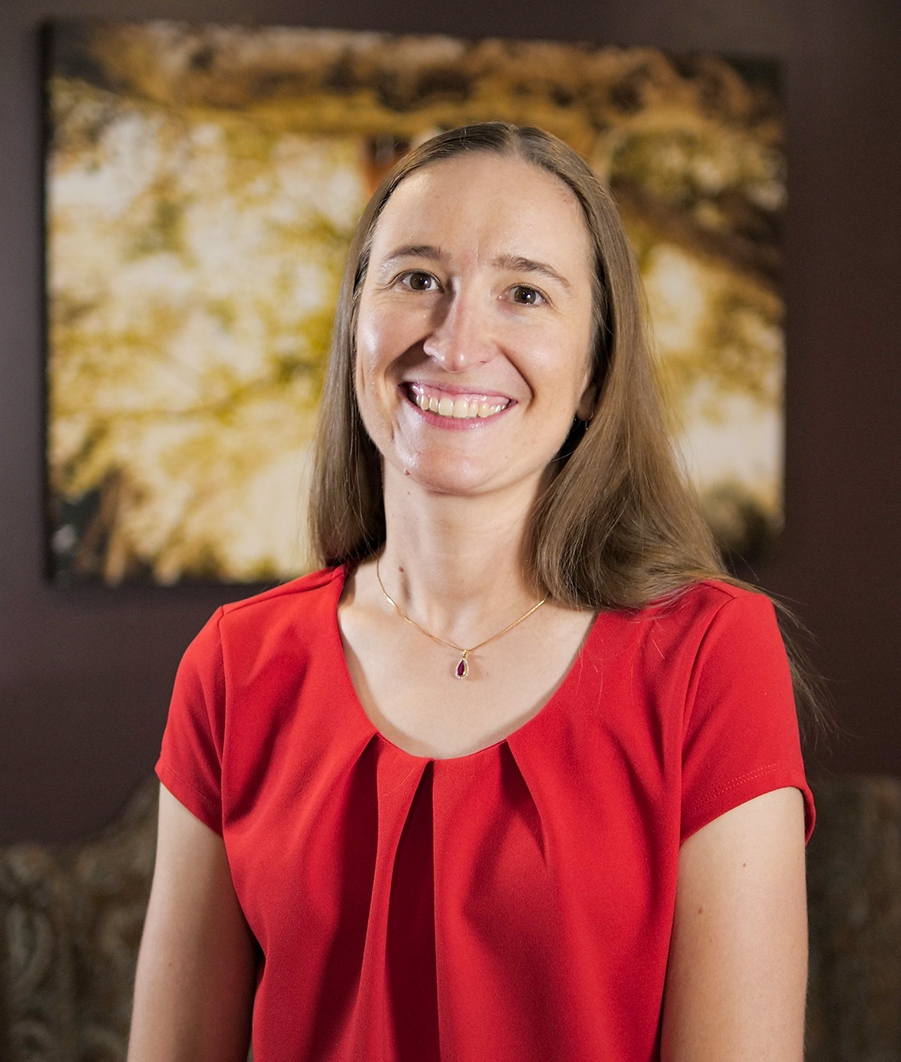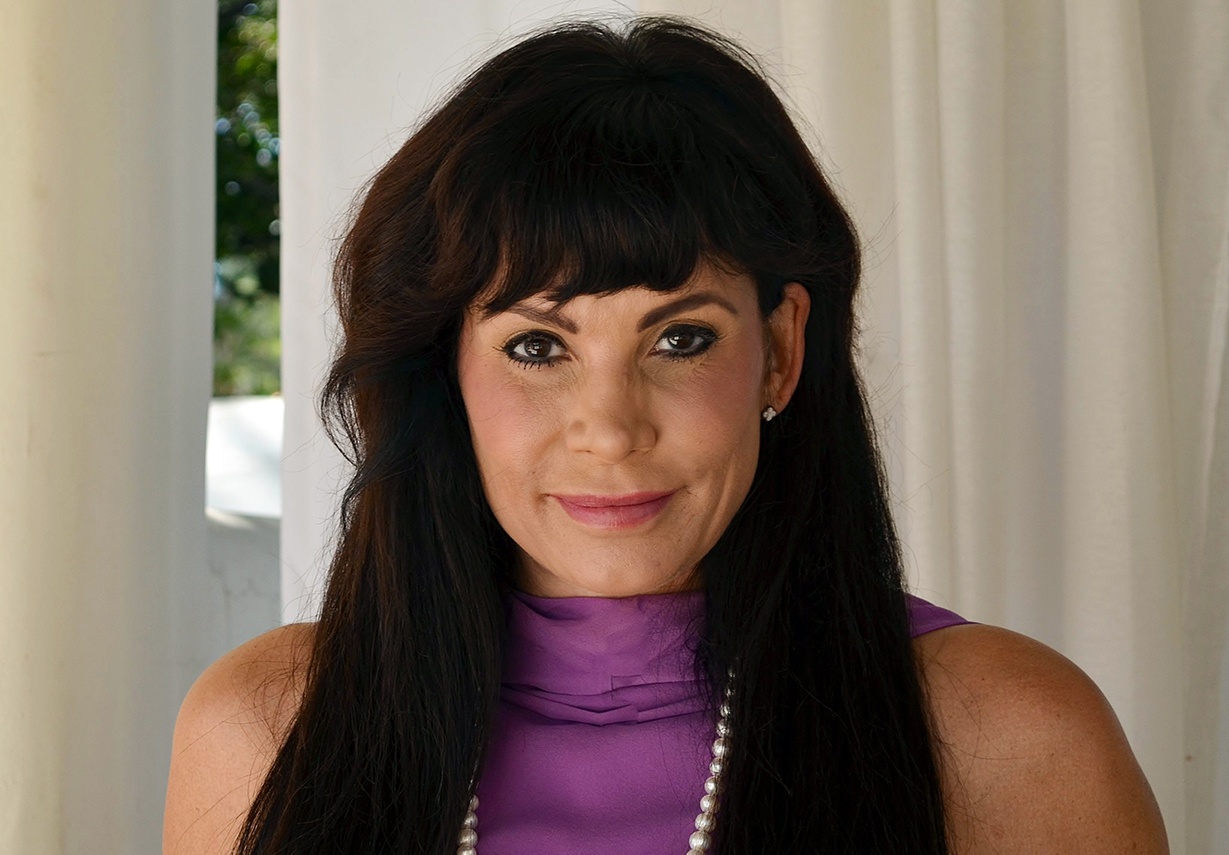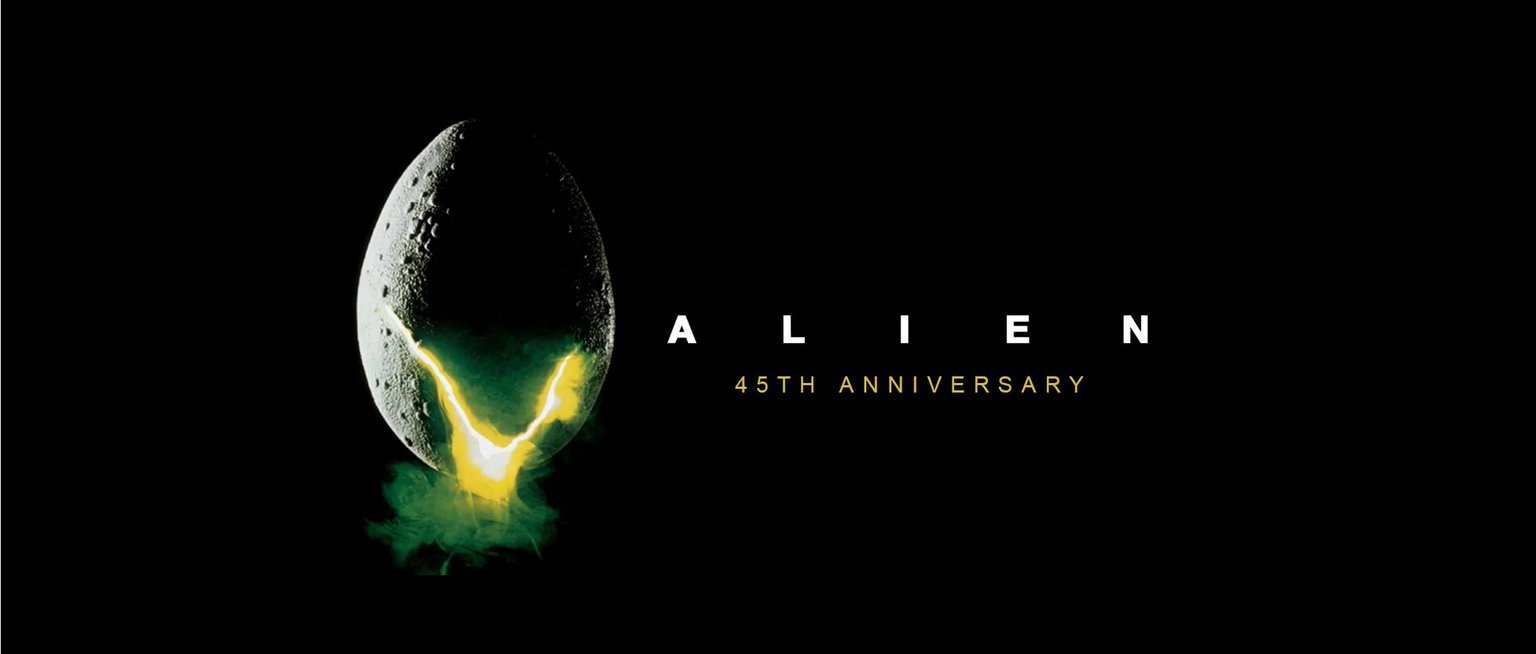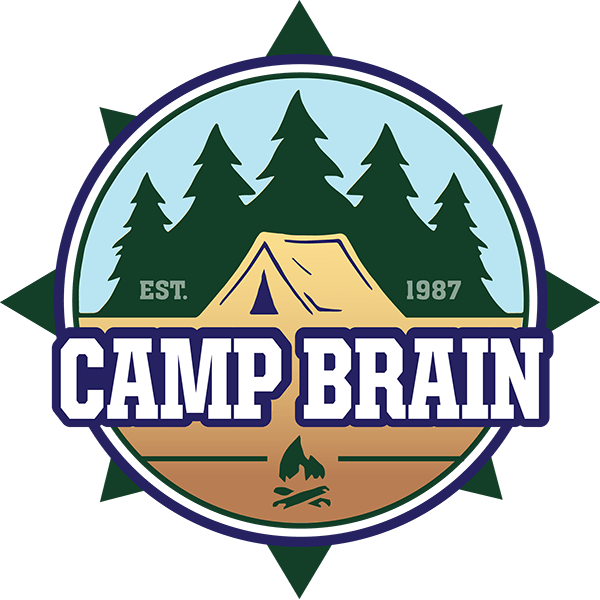Brain Injury Alliance Encourages Extra Communication Around Head Injuries Between Athletes, Coaches, & Parents During Time of COVID
Last week’s brain injury during a soccer game to a Basha High School (Chandler) varsity goalkeeper has alarmed local athletes, coaches, parents, and administration officials alike.
During these unconventional times, the Brain Injury Alliance reminds coaches, support staff, and athletes to be extra vigilant about any bumps, blows, or jolts to the head. The group is concerned that some of those “milder” injuries may get missed by trainers, coaches, or the athletes themselves.
Brain Injury Alliance Encourages Extra Communication Around Head Injuries Between Athletes, Coaches, & Parents During Time of COVID
Last week’s brain injury during a soccer game to a Basha High School (Chandler) varsity goalkeeper has alarmed local athletes, coaches, parents, and administration officials alike.
During these unconventional times, the Brain Injury Alliance reminds coaches, support staff, and athletes to be extra vigilant about any bumps, blows, or jolts to the head. The group is concerned that some of those “milder” injuries may get missed by trainers, coaches, or the athletes themselves.
It was a stark reminder that student-athletes are at risk for head injury. Adding to the stress of the situation, Gavin Stella was on the visiting team, meaning his parents weren’t present due to COVID-19 safety restrictions. This compromise was part of an overall pact to allow kids to participate in the winter sports season in the safest manner possible. The Stellas watched in horror from home as their son hit another player’s knee so hard, he lost consciousness.
As a result, the young man was rushed to a local hospital before his parents could arrive. His parents reported he was diagnosed with a concussion, broken nose, and broken orbital bone surrounding his eye. Stella is also having vision problems, which are extremely common after a brain injury.
This situation has led the Brain Injury Alliance of Arizona (BIAAZ) to issue an alert to all those involved with interscholastic athletics: During these unconventional times, the Brain Injury Alliance reminds coaches, support staff, and athletes to be extra vigilant about any bumps, blows, or jolts to the head. The group is concerned that some of those “milder” injuries may get missed by trainers, coaches, or the athletes themselves.
“Team sports have tremendous social, physical, and mental benefits,” said Julie Rake, a Scottsdale integrative health professional and board member for the Brain Injury Alliance of Arizona. “Unfortunately, whether you are playing at the local park or competing at an Olympic level, injuries to the head and brain can happen and should involve developing a follow-up plan that cares for the whole person – medically and socially.”
Though Stella’s brain injury was immediately apparent, due to a prolonged loss of consciousness, the Brain Injury Alliance team fears that with fewer eyes on them, athletes may let more “minor” bumps to the head go unreported to avoid medical facilities or hospitals during the pandemic.
Katie Pierce, PT, DPT, a physical therapist from Flagstaff, said, “Just as we hear about people skipping routine dental appointments or regular healthcare checkups over the last year, we worry about young athletes avoiding follow-up appointments for concussions or other mild head injuries.” Pierce added, “That is absolutely not the solution. For your long-term safety, all potential head injuries should be immediately reported, symptoms should be recorded and tracked, and you should follow up with your medical provider.”
In addition to medical care, the organization also recommends a referral to the Brain Injury Alliance to discuss the social and behavioral changes brain injury and loss of routine or extracurricular activities can bring after head injury or trauma.
“Too often we don’t look at the full impact that a brain health event can cause,” said Dina Shacknai, PsyD, a Phoenix-based professional and the 2021 Chair of the Brain Health Advisory Council for the Brain Injury Alliance. “When an athlete has been working hard their entire life to excel in a sport they love and injury changes their ability to participate in it overnight, there is also a real sense of grief and loss.”
While Stella’s injury occurred during a live streamed event, the Brain Injury Alliance urges athletes, trainers, and parents to continue to be vigilant even before the game. The organization says it is quite common for them to work with athletes who sustained injury during warm-ups or practice drills.
“These can be particularly vulnerable times, as there are fewer spectators or on-site resources for assistance,” said Dr. Ian Crain, a Phoenix-based physician. “Now, more than ever, schools must be prepared to detect possible injury in athletes and make sure that parents and guardians are aware so proper follow up action can be taken.”
ABOUT BRAIN INJURY ALLIANCE OF ARIZONA
The Brain Injury Alliance of Arizona (BIAAZ) is the only statewide nonprofit organization dedicated to improving the lives of adults and children with all types of brain injuries through prevention, advocacy, awareness and education. BIAAZ also houses the Arizona Brain Health Resource Center, a collection of educational information and neuro-specific resources for brain injury survivors, caregivers, family members and professionals.
What began in 1983 as a grassroots effort has grown into a strong statewide presence, providing valuable life-long resources and community support for individuals with all types of brain trauma at no charge.
The Brain Injury Alliance of Arizona:
- Works with Congressional Brain Injury Task Force
- Houses Arizona Brain Health Resource Center
- Hosts Statewide Opioid Use Disorder & Cognitive Impairment Workgroup
- Has Statewide Opioid Use Disorder & Cognitive Impairment Response team with peer support, training, and family wraparound services
- Facilitates Brain Health Advisory Council
- Manages statewide Neuro Info-Line: 888-500-9165











